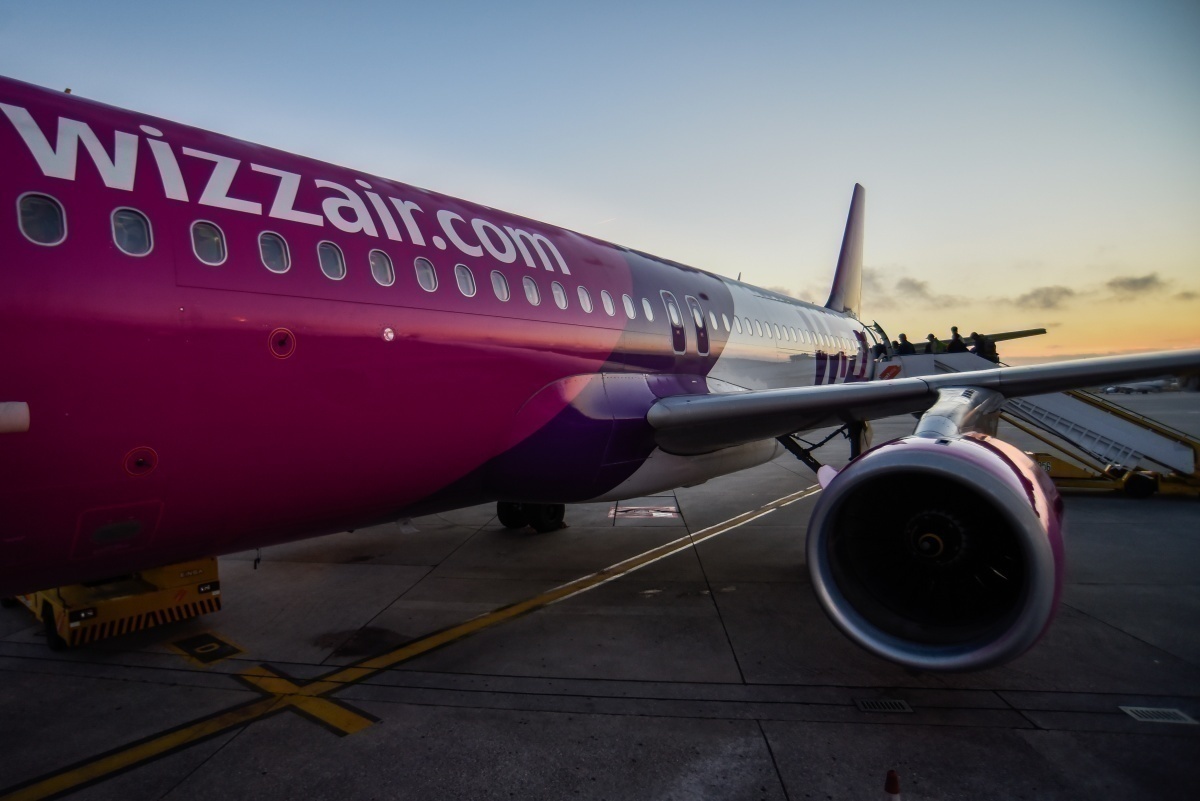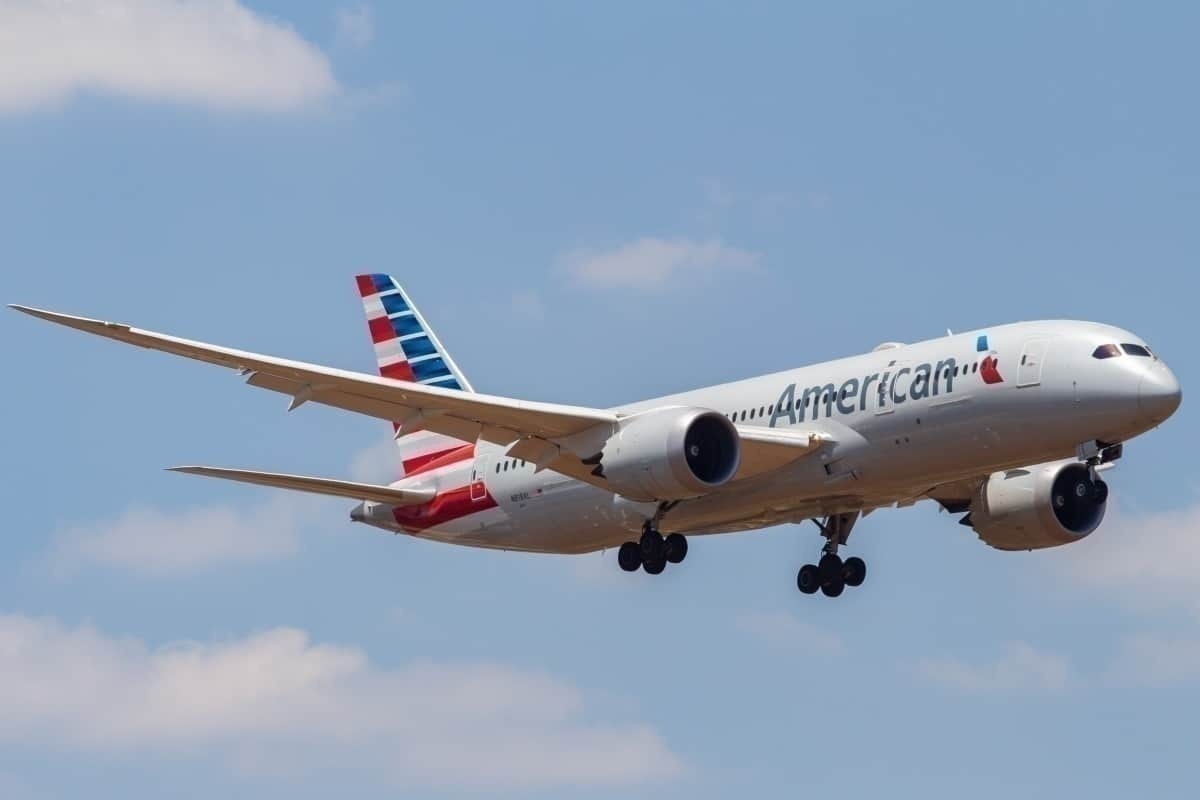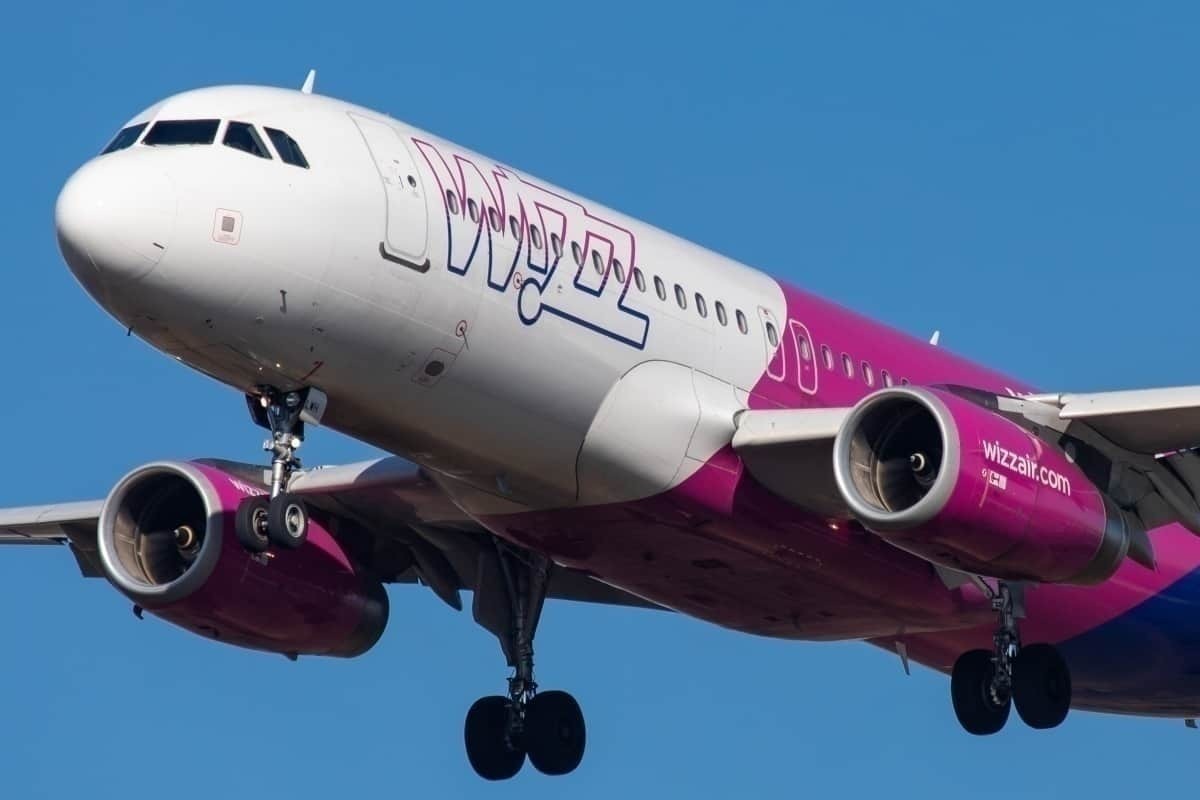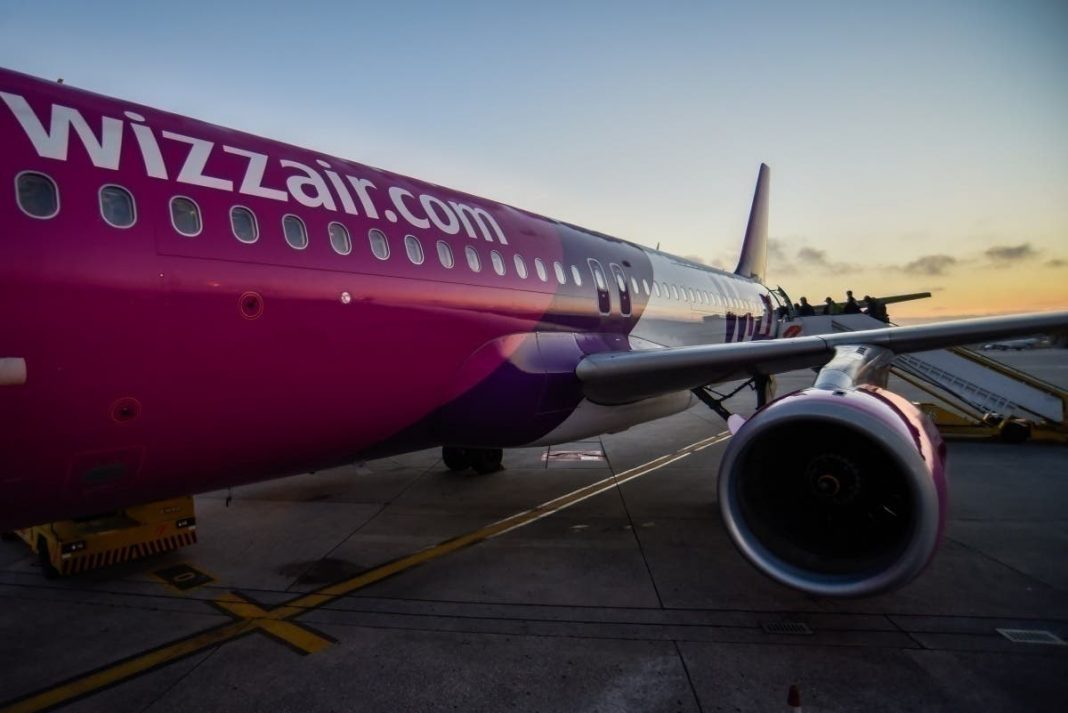Earlier today, Wizz Air announced that it would be partnering with a UK reality-TV star to promote a return to flying. It’s a novel campaign, but celebrity advertising has been used in the past. Why do airlines use celebrities? Is it worth it, and what are Wizz Air’s plans?

When it comes to advertising, airlines spare little expense to make sure they get it right. Glamorous adverts with slow-moving shots that pan throughout the cabin, capturing happiness and comfort. We’ve all seen them, but sometimes, it’s more than just a tempting flight that catches our eye. A handful of airlines have previously signed deals with celebrities to promote their brand. This kind of advertising often comes with a hefty price tag in comparison to other paid media advertising options. So, why do airlines choose celebrities to endorse their brand, and does it work?
Why do airlines use celebrity endorsement?
The apparent answer to airlines partnering celebrities is that it distances them from the competition. With minimal effort, airlines can elevate their brand across a large audience. A celebrity campaign may attract people initially for the featuring celebrity and advertising content, rather than because they are interested in the airline. However, whatever way the audience engages, airlines can be sure that celebrity status is a simple head-turner.
Historically, the most common narrative for using celebrities in advertising campaigns has been to target those big spenders. A few years ago, in 2009, American Airlines signed a deal with Kevin Spacey to advertise its business class offering. The advert was targeted directly to those looking for a no-fuss tailored experience, particularly those who traveled because of their jobs. In this sense, maxing out on an advertising budget is worth it for the return on investment.

Celebrity endorsement for ROI
This was something that Emirates found back in 2016. In its history, the Middle-Eastern airline has signed two endorsement deals with Jennifer Anniston, Friends actress and American producer and director. In her first campaign, it was reported that Emirates paid out $5m for Anniston’s appearance. When quizzed on the logic behind the decision, the Senior Vice President of Advertising at Emirates told M&M Global,
“Celebrities offer brands a chance to break through the clutter, and [Aniston] is one of Hollywood’s most popular actresses, known for her humor, warmth, and great personality. So it might require a more significant upfront investment, but that is recouped by the organic reach that is generated in millions of households that might not have heard about your brand. In this case, in particular, the US, which is such an important market for us.”

However, though the move to include a famous American celebrity in their campaign was visionary, it did lead to backlash from other airlines. While Emirates was targeting the American consumer, Delta Air Lines felt threatened by the campaign. Though at the time it was at loggerheads with Middle Eastern carriers like Emirates over unfair competition, it said that the advert was a blow to US aviation. Delta believed that Emirates’ advertising gave an unfair advantage to the airline by shunning other US carriers who did not have similar luxuries.
It appears that Emirates was not too phased by the attack, selecting Anniston to feature in another advert to promote the A380.

Building trust through celebrity involvement
While celebrity advertising has historically been used to share airline offerings and target business or first class customers, that may now be changing. Wizz Air is the latest airline to pin its hopes on celebrity endorsement. Earlier today, it advertised that it is teaming up with UK reality TV star, Gemma Collins.
Throughout the partnership, Wizz Air will collaborate on TV video content, online advertising, and billboards using Collins’ brand. In return, Collins has also already shared the news on her social media with a potential reach of 1.9 million followers. The venture is lucrative for Wizz, but what’s a low-cost airline doing in the field of celebrity advertising?
Unlike previous campaigns, Wizz is not looking to sell any highly-priced seats. Instead, it wants to re-instill trust in flying in a post-COVID world.
With a bubbly personality like Gemma onboard, the hope is that travelers will flock to Wizz Air for their low-cost, point-to-point holidays.
Is this a good strategy for Wizz Air?
Shelling out six figures sums for celebrity advertising might not seem like the wisest of decisions in the current climate. With some airlines folding and others strapped for cash, it seems the aim of the game is to conserve as much capital as possible. That said, Wizz’s strategy is not a bad one.
In the first instance, it certainly gives the airline an edge. Promoting a return to normalcy with a friendly face certainly takes the fear out of flying again. However, for Wizz, the rationale behind its partnership with Collins goes deeper. The move makes economic sense as well.

In a financial statement earlier this year, Wizz Air proudly claimed that it was in an excellent position to weather the coronavirus travel slump. In March, it recorded €1.5bn ($1.7bn) of cash at its disposal. With a strong balance sheet and a 17.5% total market share in Central and Eastern Europe, the airline is well-poised to focus on a strong advertising campaign. What’s more, having delved into expansion, the airline now needs something that will ensure that it hits full capacity on those services.
Are celebrities essential to a good campaign?
Though there are merits for airlines to invest in celebrity endorsement, it is, of course, not essential. British Airways was able to promote itself with an impressionable campaign in 2011, Fly to Serve. In the advert, the airline shared emotive stories about how modern-day British Airways and aviation came to be. As a result, the advert is now ranked in Conde Nast Traveller’s best five airline adverts of all time!
When it comes to airline advertising, the perceived benefit of celebrity endorsement is subjective. While it’s worked for some, others have been able to use their funds in other ways. In the case of Wizz Air, only time will tell as to whether its partnership can promote care-free post-COVID travel.
What do you think? Let us know your thoughts in the comments.
[ad_2]
Source link



